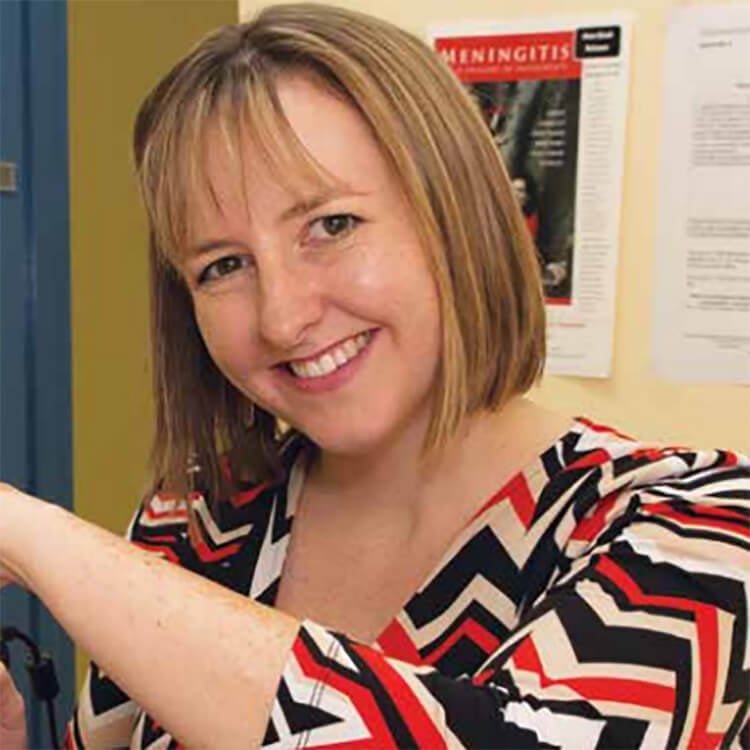Search
Research
Prevalence of group A Streptococcal infection in Africa to inform GAS vaccines for rheumatic heart disease: A systematic review and meta-analysisThe prevalence of group A streptococcal disease remains high among symptomatic individuals residing in Africa
Research
Clinical description and outcomes of Australian children with invasive group a streptococcal diseaseInvasive group A streptococcal infection in Australian children is frequently severe and has a high long-term morbidity burden
Research
Maternal HIV infection alters antimicrobial immunity in exposed and uninfected infantsImplementation of lifelong ART of all HIV-infected women has the potential to improve maternal determinants of protective immunity in the young infant
Research
Factors associated with pneumococcal carriage in children and adults in Fiji, using four cross-sectional surveysThis study describes predictors of pneumococcal nasopharyngeal carriage and density in Fiji. We used data from four annual cross-sectional surveys, pre- and post-introduction of ten-valent pneumococcal conjugate vaccine in October 2012.
Research
Clinical protocol for a longitudinal cohort study to identify markers of vaccine immunogenicity in newborn infants in the gambia and papua New GuineaImmunity is distinct in early life and greater precision is required in our understanding of mechanisms of early life protection to inform development of new pediatric vaccines
Research
Spotting sporotrichosis skin infection: The first Australian paediatric case seriesThese data highlight the importance of recognising Sporotrichosis in children outside an outbreak setting

People
Associate Professor Lea-Ann KirkhamCo-Head, Bacterial Respiratory Infectious Disease Group; Microbiology Lead, Wesfarmers Centre of Vaccines & Infectious Diseases



